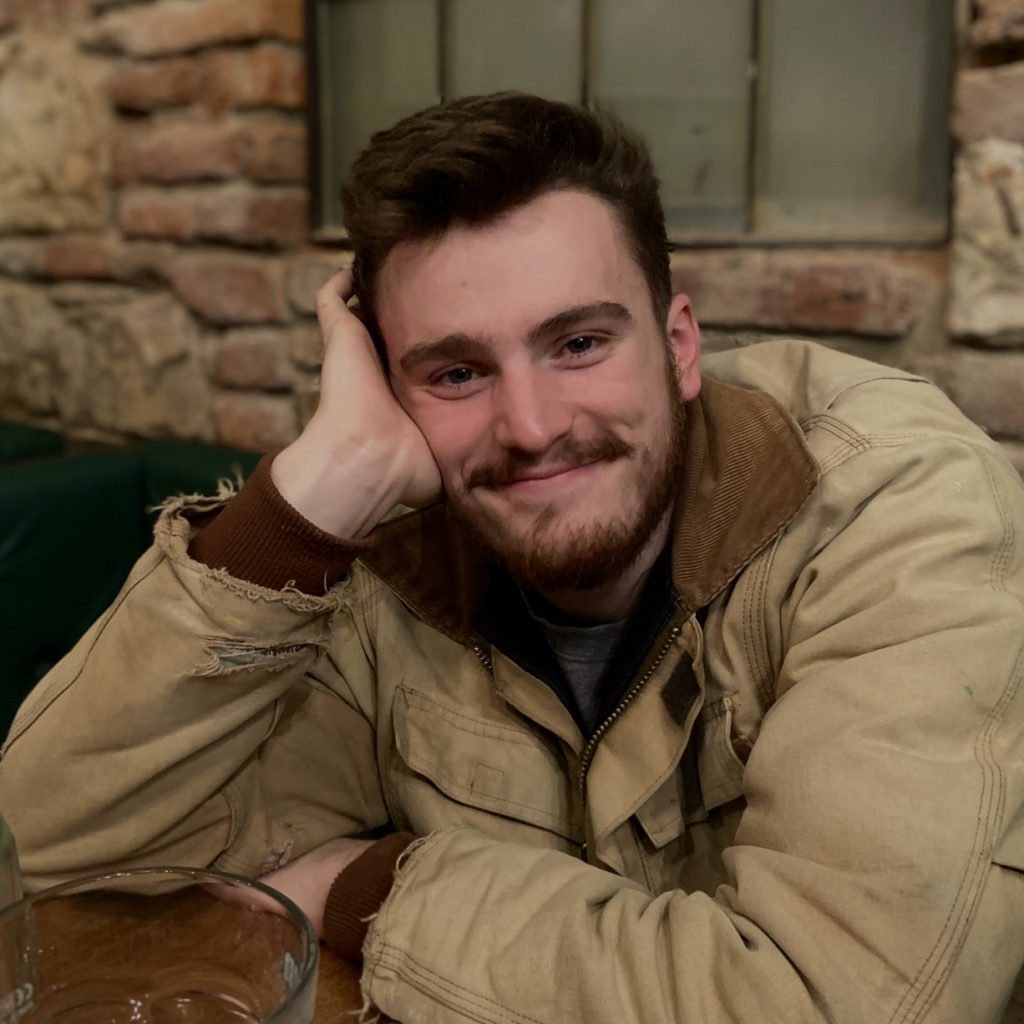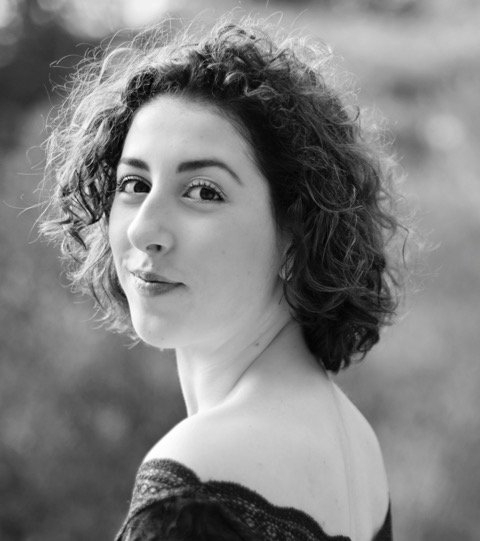By Pablo Peschiera
About the Prize
The Academy of American Poets (AAP) Prize program begin in 1955 at 10 schools, and now sponsors nearly 200 annual prizes for poetry at colleges and universities nationwide. Poets honored through the program have included Mark Doty, Louise Gluck, Joy Harjo, Robert Hass, Robert Pinsky, Sylvia Plath, Gjertrud Schnackenberg, and Charles Wright. The winning poet receives $100 from the Academy of American Poets.
About this Year’s Judge
Wayne Miller was born in Cincinnati and earned his BA from Oberlin College and his MFA from the University of Houston. His books of poetry include the chapbook What Night Says to the Empty Boat (Notes for a Film in Verse) (2004) and the full-length collections Only the Senses Sleep (2006), The Book of Props (2009), The City, Our City (2011), and Post- (2016). Miller has translated the Albanian poet Moikom Zeqo’s I Don’t Believe in Ghosts (2007) and Zodiac (2015). His honors and awards include a Bess Hokin Prize, a George Bogin Award, a Lyric Poetry Award from the Poetry Society of America, a Lucille Medwick Award, and a Ruth Lilly Fellowship from Poetry. Miller currently teaches at the University of Colorado-Denver. He edits the journal Copper Nickel and, with Kevin Prufer, co-curates the Unsung Masters Series.
Winner

Mitch Van Acker’s “To a Mummified Fish”
Wayne Miller writes:
I find this poem compelling because of its subtlety and economy. It’s an object poem about a mummified fish, but it begins in motion, the fish being carried by a river (of time) into the sudden stillness of the present moment. I admire the odd inversion of the fish being “rescued / from [its] guts,” as well as the apt, sensory description of the fish’s “drum-tight skin.” I find it really interesting, in the best sense, that the sun, which by its nature is always of the present, is a “friend” of the living speaker (though presumably not of the mummified fish). And I’m genuinely surprised by the poem’s closing lines—a direct apology for the oddly human act of “poach[ing]” the fish “from oblivion,” which is ultimately about humanity’s strange and unnatural impulse toward art. For all its quiet restraint, this is a really smart and ambitious poem that takes on core questions about what it means to be human.
To a Mummified Fish
—Museo Egizio, Turin
Down surging watercourse,
swept from your silent blue home,
you became a prop
for our old dilemma
wrangled, wrapped, and rescued
from your guts.
Your drum-tight skin
leafs beneath cloth and honey-lacquer
to snare the spirit of holy dregs,
fleshpots, sweet incense at interval
in the morning air
capped from the widening jaws
of the moon-door.
On behalf of my friend, the sun
(author of many gods)
and the priestess
who poached you
from oblivion,
Little fish, I’m sorry.
Honorable Mention

Julia Kirby “A Strand of Related Things”
Wayne Miller writes:
I admire this poem for quite different reasons than I admire “To a Mummified Fish,” and deciding between them wasn’t easy. In “A Strand of Related Things” the poet offers an interiorized address to a “you”—a crush, in my reading—in which the reader is given access to a series of intimate self-assessments. I find the particularity of voice, thinking, and image really compelling, from the speaker’s multiple attempts to describe dust motes, to the speaker’s assertion that the “you” pushes up his sleeves so obsessively that it’s hard to recognize him with them down, to the realization that a car is the only place where the speaker can be alone without feeling lonely. Finally, in the poem’s closing moment, we find the speaker in that private space of a car with the “you”; this closes the gap between them without resolving the “you’s” unattainability, creating a compellingly poetic sort of semi-closure.
A Strand of Related Things
I pretend the bits of dust
suspended in air
and late afternoon light
are bits of sugar
or crystals or snow,
something less frightening
to inhale than particles
of lint, dog hair, dirt,
and dead skin.
You said, once, that you
have a thing for blondes,
that night I pulled
my brown hair
from the shower drain
and buried it in the trash
with bits of used floss
and crusty tissues.
The dust gets in my eyes,
I end up staring
at the stain on my rug –
spilled soy sauce –
and my calathea plant
with its sunburnt leaves,
straining between life & death.
Suddenly I smell pot stickers,
damp earth,
and the sleeves of your sweater
pushed up to your elbows,
always scrunched
so that you don’t quite
look like you
with your forearms covered.
I smell gasoline, too,
because my car
is the only place
where being alone
doesn’t feel lonely
with harvested fields,
shivering trees,
and clouds of swallows.
I don’t think
you’ve ever touched me
which is a blessing
because your being
makes me be a little less,
your voice
makes me question my being,
and I’m afraid your skin on mine
might make me dissolve
into window dust.
I hate driving over bridges
because I figure
they have to crumble
at some point.
I hate opening
the car windows
because I might slip out
and roll into traffic.
You were right,
when I was driving
through the blizzard
and you said
you couldn’t help me
stop the snow from falling.


